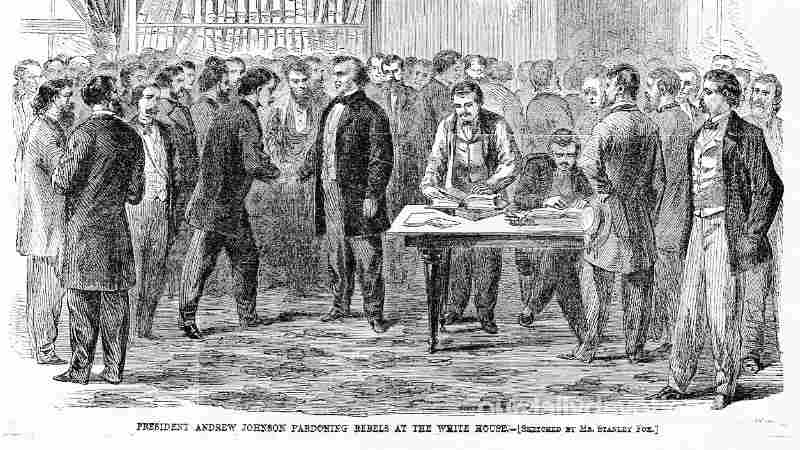There are several terms translated in this way, but some of them appear only once, such as:
(a) In Ps. 23:5, "you anoint my head with oil," which means made thick, the oil being used profusely.
(b) Ps. 92:10, "I will be anointed with fresh oil," from "pour out," "overflow with" oil.
(c) Isaiah 10:27, "the yoke will rot because of the anointing" (dark text).
(d) Zech. 4:14, "they are the two anointed ones who stand before the Lord" (lit.: "sons of oil", cf. Rev. 11:4).
(e) Heb. "suk", "anoint the body after washing", similar to Gk. "aleiphõ" in the NT, is commonly used of the practice among Easterners of anointing the body, or its parts, for comfort, presence, friendship, medication, or funeral honors. For ordinary cleanliness, cf. Rt. 3:3; 2 Samuel 12:20; 2 Chron. 28:15; Mt. 6:17.
His carelessness was a sign of mourning (2 Sam. 14:2; Dan. 10:3). As an act of courtesy (cf. Lk. 7:46; Jn. 12:3); The sick were also anointed (Mark 6:13; James 5:14) and the dead (Mark 14:8; 16:1). One of Israel's punishments was to be that the olive trees would not yield oil for anointing (Deut. 28:40; Mi. 6:15).
(f) Heb. «mashach», gr. «chrinõ», «extend, anoint» for a position. Kings were anointed: Saul, David, Solomon, Joash, Jehu and Hazael are examples of this. The prophets were also anointed (cf. Ps. 105:15; 1 Kings 19:16). For the anointing of the priests, a special oil prepared according to divine instructions was used (Ex. 30:30; 40:13).
With this same oil the tabernacle and its utensils were anointed (Ex. 40:9, 10). The offering of fine flour was kneaded with oil (Lev. 2:1, 4), a type of the pure humanity of the Lord Jesus and of his sealing by the Holy Spirit. The healed leper was anointed with oil (Lev. 14:17, 18).
Whether this last anointing refers to persons or things, and whether the oil is specially prepared or ordinary, what it typifies is invariably sanctification and the power of the Holy Spirit.
Anointing with oil for consecration to any office is not commanded for believers in the Christian dispensation, because they have already been anointed with the Holy Spirit and are already priests to God. John even reminds the "little children" or babies in Christ that they have an anointing from the Holy One, and that the anointing (the same term, "chrisma") remains in them (1 John 2:20, 27).
Thus, just as in the OT kings, prophets, and priests were anointed as consecrated to God, so the Christian is sanctified to God by the Holy Spirit, both as to his position and with respect to service. of the.
Meaning of ANOINTING, TO ANOINT
There are several terms translated in this way, but some of them appear only once, such as:
(a) In Ps. 23:5, "you anoint my head with oil," which means made thick, the oil being used profusely.







